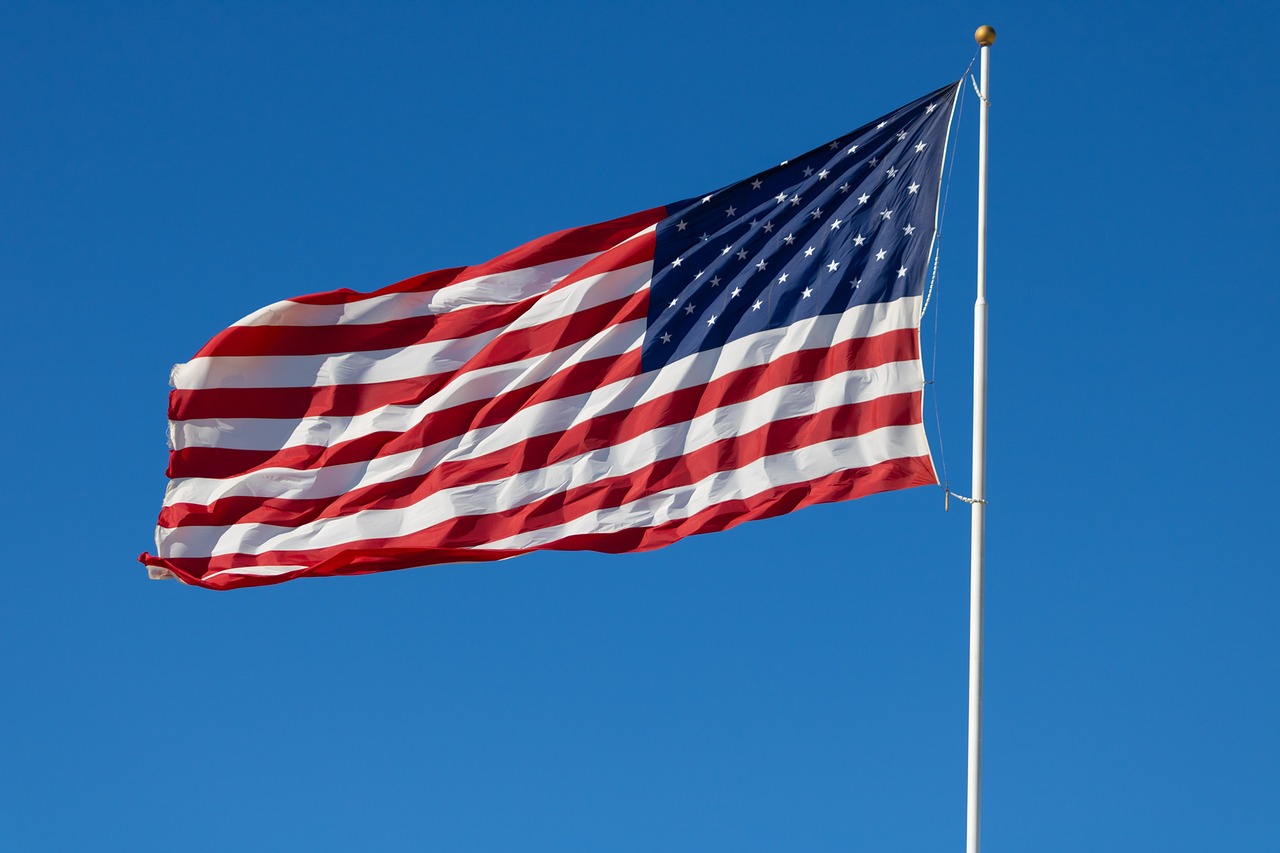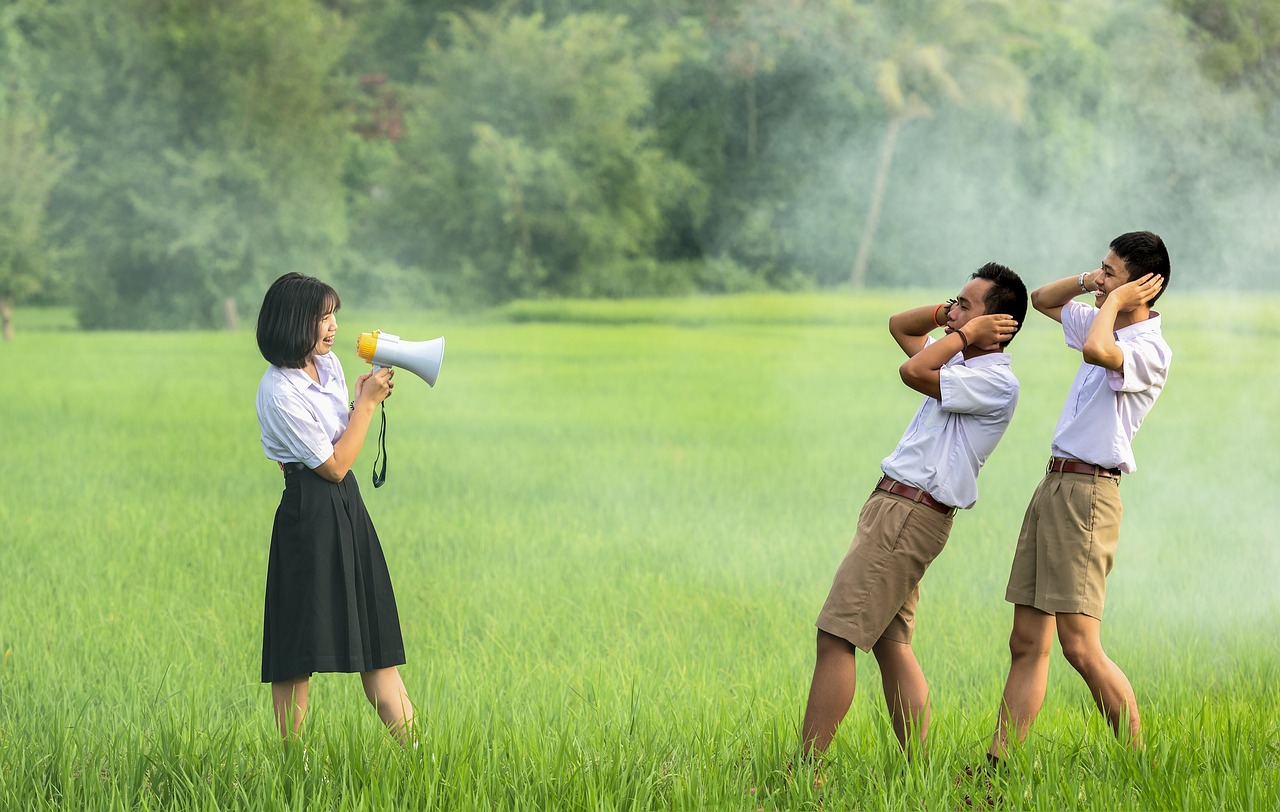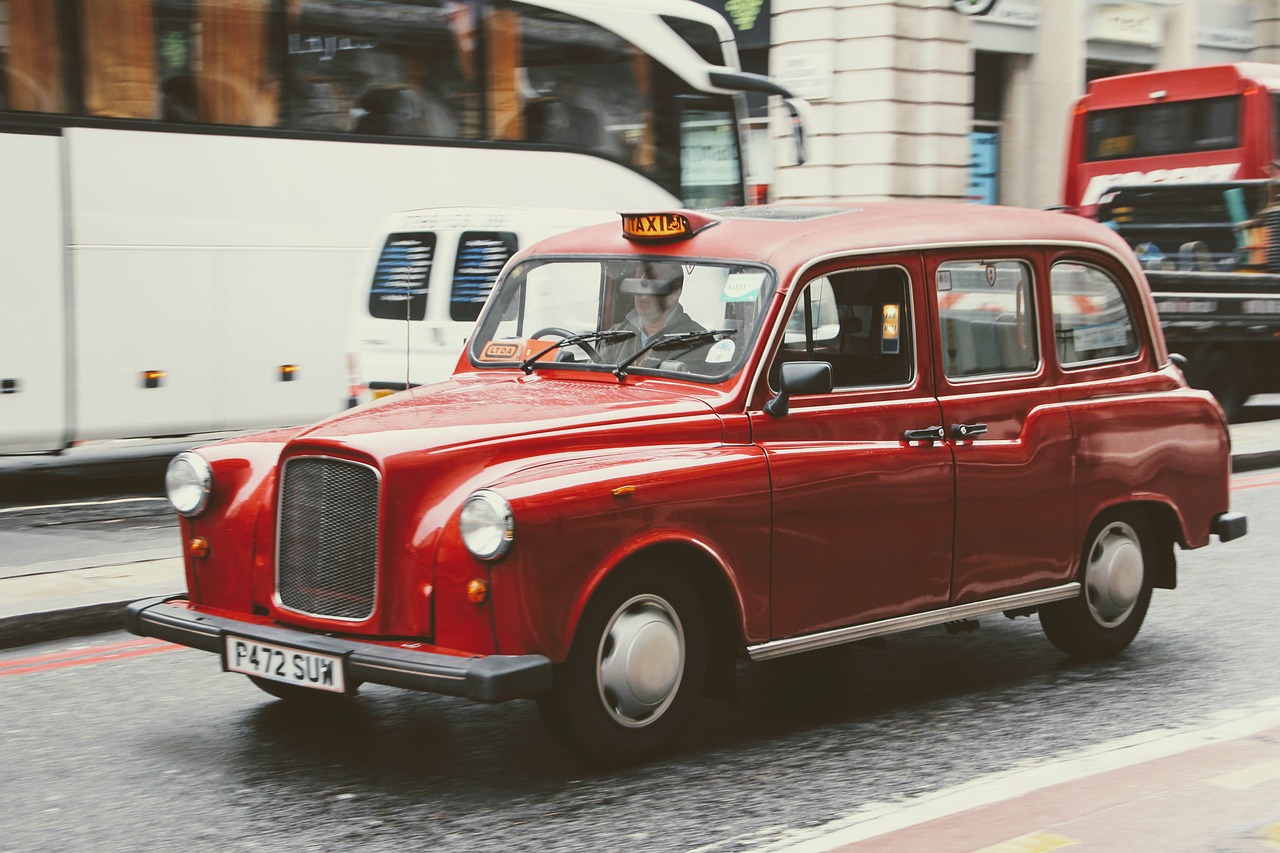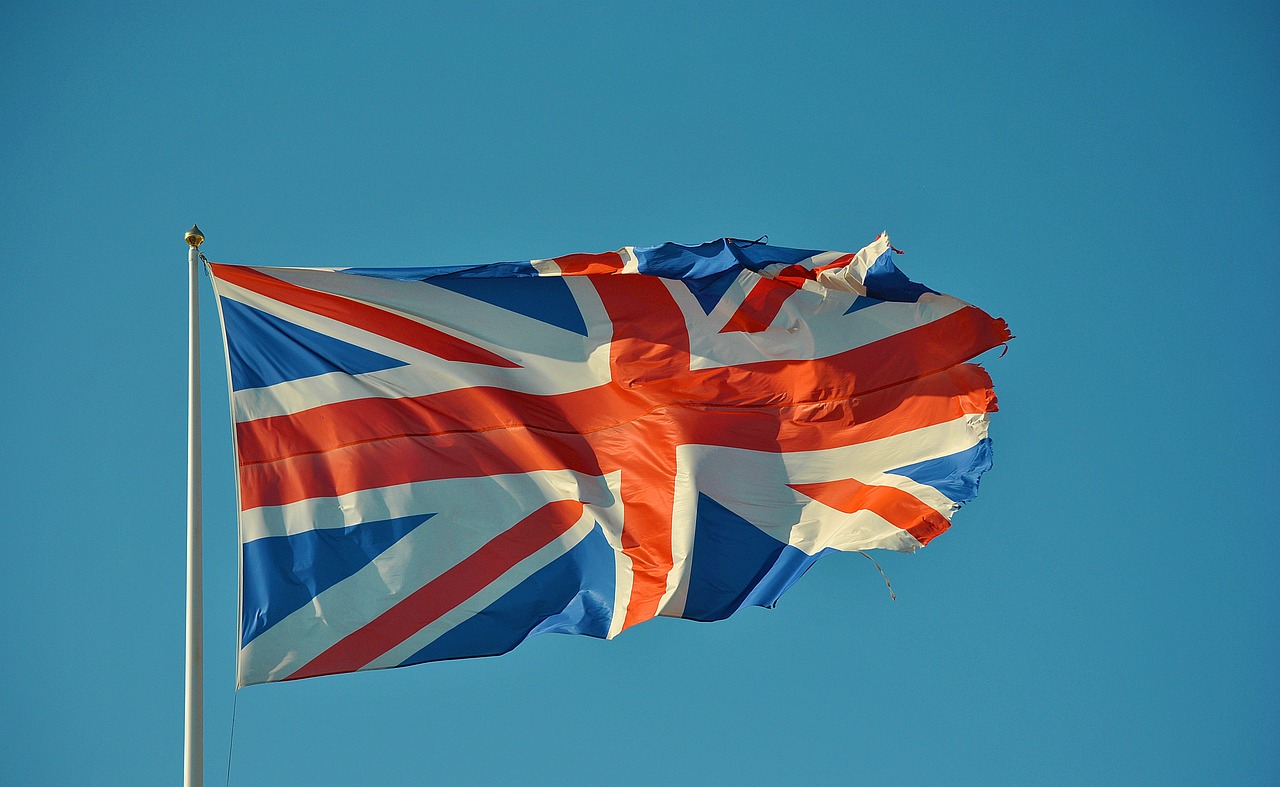
Slang, the ever-evolving language that adds a touch of informality and playfulness to our conversations, is a fascinating aspect of different cultures. From cockney rhyming slang to American street talk, slang words and phrases can vary significantly across countries and even within regions. When it comes to comparing British and American slang, the differences are not only evident but also offer a delightful insight into the uniqueness of each culture. So, let’s dive into the world of British and American slang and discover what gets lost in translation!
Starting with our friends across the pond, American slang has made its way into popular culture worldwide through movies, music, and TV shows. From the laid-back vibes of California to the hustle and bustle of New York City, American slang encompasses a range of colorful expressions that often leave non-native English speakers scratching their heads.
One of the most recognizable aspects of American slang is the use of abbreviations and acronyms. Phrases like “LOL” (laugh out loud), “OMG” (oh my god), and “TTYL” (talk to you later) have become so ingrained in our daily conversations that even those not fluent in English recognize and use them. This penchant for abbreviations reflects the fast-paced nature of American life, where efficiency and brevity are highly valued.
Similarly, American slang is often characterized by its intensity and emphasis on exaggeration. Expressions like ” awesome,” ” amazing,” and ” totally rad” are just a few examples of how Americans put an extra dash of enthusiasm into their language. It’s no wonder that American slang has become synonymous with coolness and hipness worldwide.
Now, let’s cross the Atlantic and explore the vibrant world of British slang. Known for its rich diversity and regional variations, British slang is a testament to the cultural melting pot that is the United Kingdom.
One of the most iconic forms of British slang is cockney rhyming slang. Originating in the working-class areas of East London, cockney rhyming slang is a linguistic playground that replaces words with rhyming phrases or expressions. For example, “apples and pears” means stairs, “butcher’s hook” means look, and “trouble and strife” means wife. This creative use of language adds a playful and cheeky twist to everyday conversations, making it uniquely British.
British slang also reflects the country’s obsession with tea and the great British pub culture. Terms such as “cuppa” for a cup of tea, “bladdered” for being drunk, and “chippy” for a fish and chip shop are just a few examples of how British slang seamlessly weaves its way into everyday life. These words not only provide a glimpse into British culture but also create a sense of camaraderie and familiarity among its speakers.
While British and American slang have their own distinctive qualities, there are also some commonalities that bridge the gap between the two cultures. For instance, both British and American slang are heavily influenced by popular culture, with phrases and expressions originating from music, movies, and social media.
Additionally, both British and American slang often serve as a tool for humor and camaraderie. Whether it’s bantering with friends or engaging in light-hearted teasing, the use of slang can create a sense of belonging and shared experiences. It’s a way for people to connect and bond, even if they come from different cultures.
As with any form of language, there are challenges when translating slang. Slang words and phrases are deeply rooted in cultural contexts and experiences, making them difficult to fully grasp for non-native speakers. The nuances and connotations associated with slang can be lost in translation, resulting in confusion or misunderstandings.
However, the beauty of slang lies in its ability to evolve and adapt. Just as slang words and phrases emerge and fade away, so too does our understanding of them. It’s a never-ending cycle of linguistic creativity and innovation that keeps our conversations fresh and exciting.
In conclusion, comparing British and American slang reveals a captivating look into the cultural nuances and quirks of each society. While American slang is known for its efficiency and intensity, British slang adds a layer of playfulness and regional diversity. Both forms of slang serve as a reflection of popular culture and a means of connection among people. So, the next time you come across a slang term from across the pond, embrace the linguistic adventure and discover what truly gets lost in translation.






